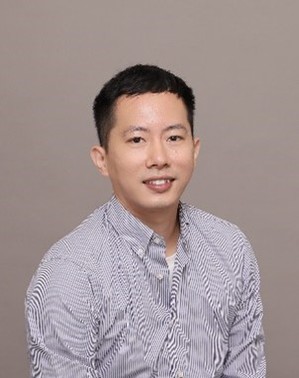Title: Physics-guided Machine Learning for Structural Dynamics
Zhilu LAI, Assistant Professor, Hong Kong University of Science and Technology (Guangzhou), China
報告時間:7月27日(周四)下午15:40
報告地點:無線谷(CNV)A1319會議室
Abstract:
The availability of various data types and increasing amounts of data, coupled with emerging sensing technologies, artificial intelligence, and machine learning models, have strengthened the inverse modeling of structural dynamical systems. However, the use of black-box or purely data-driven models has limitations due to the strong dependence on sensor data. The quality, representativeness, and choice of sensor data for training highly influence the effectiveness of learned models. Moreover, the learned models lack physical interpretation of underlying systems or processes. In this talk, I will discuss leveraging domain knowledge to enhance machine learning models' effectiveness, thereby converting sensor data into interpretable information in the form of physically interpretable and generalizable models. The talk covers three main topics: (1) sparse structural system identification, a parsimonious modeling technique based on sparse regularization constrained by underlying physics; (2) physics-informed Neural ODEs for integrating physics-based models with deep learning models; and (3) full-field structural monitoring and vibration analysis using event-based cameras and physics-guided machine learning. The proposed frameworks are demonstrated through laboratory experiments and real-world case studies.
Brief Biography:
Dr. Zhilu Lai is a tenure-track assistant professor at Internet of Things Thrust, Information Hub, jointly with Intelligent Transportation Thrust, System Hub, HKUST(GZ), as well as an affiliate assistant professor in the Department of Civil and Environmental Engineering at HKUST. Prior to his current position, he served as a postdoctoral researcher at ETH-Zurich. Dr. Lai holds a Ph.D. in Structural Engineering from Rice University. Dr. Lai focuses on developing innovative methodologies for assimilating sensor data into the modeling, condition assessment, diagnostics, and digitalization of engineering systems. His work encompasses theoretical, analytical, and experimental studies, with the ultimate goal of advancing our understanding of complex engineering systems and improving their performance. He serves as a committee member on ASCE-EMI Dynamics Committee, Structural Health Monitoring and Control Committee. He serves as a guest editor of Journal of Structural Engineering (ASCE).


